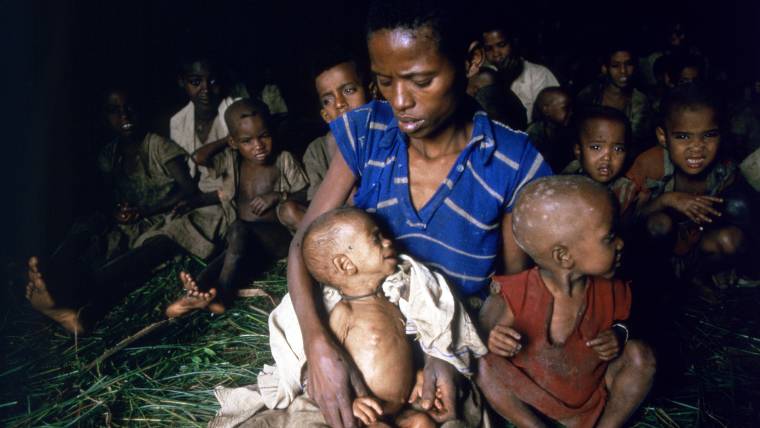November
2, 1959
I asked (co-producer Albert Freedman) to let me go
on (Twenty One) honestly, without receiving help. He said that was
impossible. He told me that I would not have a chance to defeat Stempel because
he was too knowledgeable. He also told me that the show was merely
entertainment and that giving help to quiz contests was a common practice and
merely a part of show business. This of course was not true, but perhaps I
wanted to believe him. He also stressed the fact that by appearing on a
nationally televised program I would be doing a great service to the
intellectual life, to teachers and to education in general, by increasing
public respect for the work of the mind through my performances. In fact, I
think I have done a disservice to all of them. I deeply regret this, since I
believe nothing is of more vital importance to our civilization than education.
November
2, 1959
Charles
Van Doren, a game show contestant on the NBC-TV program Twenty-One
admitted that he had been given questions and answers in advance.
One month after the hearings began, Van Doren
emerged from hiding and confessed before the committee that he had been
complicit in the fraud. On November 2, 1959, he admitted to the House Subcommittee
on Legislative Oversight, a United States Congress subcommittee,
chaired by Arkansas Democrat Oren
Harris, that he had been given questions and answers in
advance of the show.
I was involved, deeply involved, in a deception.
The fact that I, too, was very much deceived cannot keep me from being the
principal victim of that deception, because I was its principal symbol. There
may be a kind of justice in that. I don’t know. I do know, and I can say it
proudly to this committee, that since Friday, October 16, when I finally came
to a full understanding of what I had done and of what I must do, I have taken
a number of steps toward trying to make up for it. I have a long way to go. I
have deceived my friends, and I had millions of them. Whatever their feeling
for me now, my affection for them is stronger today than ever before. I am
making this statement because of them. I hope my being here will serve them
well and lastingly.
I asked (co-producer Albert Freedman) to let me go
on (Twenty One) honestly, without receiving help. He said that was
impossible. He told me that I would not have a chance to defeat Stempel because
he was too knowledgeable. He also told me that the show was merely
entertainment and that giving help to quiz contests was a common practice and
merely a part of show business. This of course was not true, but perhaps I
wanted to believe him. He also stressed the fact that by appearing on a
nationally televised program I would be doing a great service to the
intellectual life, to teachers and to education in general, by increasing
public respect for the work of the mind through my performances. In fact, I
think I have done a disservice to all of them. I deeply regret this, since I
believe nothing is of more vital importance to our civilization than education.








